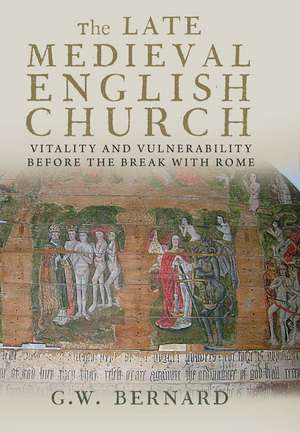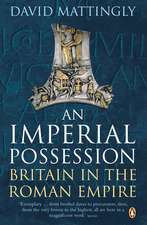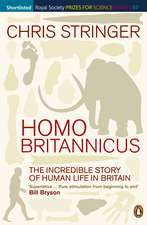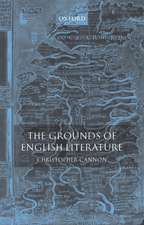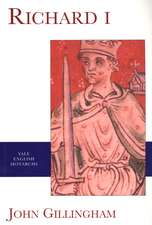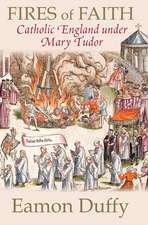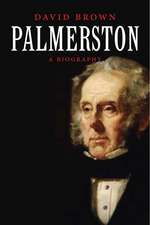The Late Medieval English Church: Vitality and Vulnerability Before the Break with Rome
Autor G. W. Bernarden Limba Engleză Paperback – iul 2013
Bernard emphasizes royal control over the church. He examines the challenges facing bishops and clergy, and assesses the depth of lay knowledge and understanding of the teachings of the church, highlighting the practice of pilgrimage. He reconsiders anti-clerical sentiment and the extent and significance of heresy. He shows that the Reformation was not inevitable: the late medieval church was much too full of vitality. But Bernard also argues that alongside that vitality, and often closely linked to it, were vulnerabilities that made the break with Rome and the dissolution of the monasteries possible. The result is a thought-provoking study of a church and society in transformation.
Preț: 117.12 lei
Nou
Puncte Express: 176
Preț estimativ în valută:
22.42€ • 24.20$ • 18.80£
22.42€ • 24.20$ • 18.80£
Carte disponibilă
Livrare economică 29 martie-12 aprilie
Livrare express 15-21 martie pentru 30.54 lei
Preluare comenzi: 021 569.72.76
Specificații
ISBN-13: 9780300197129
ISBN-10: 0300197128
Pagini: 320
Ilustrații: 12 b-w illus.
Dimensiuni: 144 x 225 x 18 mm
Greutate: 0.5 kg
Editura: Yale University Press
Colecția Yale University Press
ISBN-10: 0300197128
Pagini: 320
Ilustrații: 12 b-w illus.
Dimensiuni: 144 x 225 x 18 mm
Greutate: 0.5 kg
Editura: Yale University Press
Colecția Yale University Press
Recenzii
"Superbly researched and coherently argued."—Peter Marshall, Literary Review
"Bernard has again achieved what he does best: making us go back to an old problem and start thinking afresh."—Lucy Wooding, Times Higher Education
"England experienced one of the most muddled Reformations in Western Europe and that’s what makes studying it so fascinating and so infuriating. Even the most basic questions remain open: why, when and how quickly did England become a Protestant nation? Bernard has done as much as any historian to bring us closer to nuanced answers and in his latest book he is on particularly fine form."—Jonathan Wright, Catholic Herald
